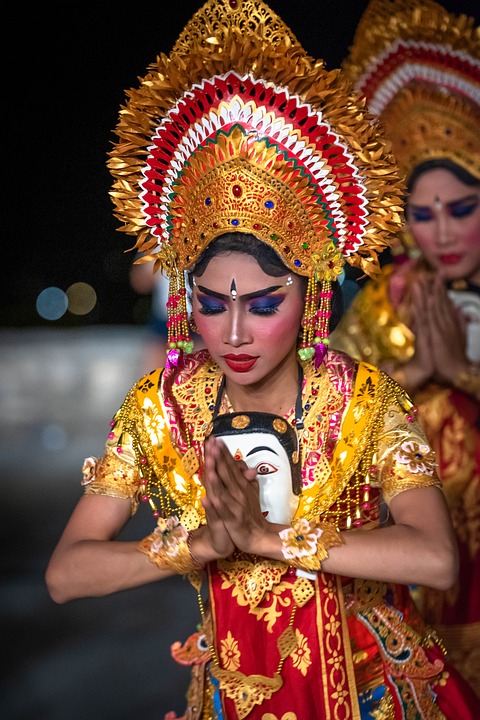Dance music has become a global phenomenon that transcends borders and unites people from all walks of life. With its infectious beats and irresistible rhythms, it has become more than just a genre of music – it has become a culture, a movement, and a way of life for millions around the world.
From the underground clubs of Chicago and Detroit in the 1980s to the main stages of music festivals like Tomorrowland and Ultra Music Festival today, dance music has evolved and grown, reaching every corner of the globe. Its rise to prominence can be attributed to several key factors, including technological advancements, globalization, and the power of unity.
The advent of electronic music production tools and software has allowed anyone with a passion for music to create their own unique sounds and tracks. This democratization of music production has enabled a vast number of talented individuals to express themselves and bring their music to the masses. As a result, dance music has seen an explosion of creativity and diversity, with sub-genres like techno, house, trance, and dubstep emerging and gaining mass appeal.
Furthermore, the rise of social media and streaming platforms has connected artists and fans like never before. Artists can now easily share their music and connect with their audience, while fans can discover new tracks, create playlists, and attend live streams or virtual events. This interconnectedness has fostered a global community of dance music lovers who come together to celebrate their shared passion.
One of the most remarkable aspects of dance music is its ability to unite people from different cultures and backgrounds. Whether it’s at a music festival, a club, or even just listening to music at home, the power of the beat transcends language barriers and brings people together. The collective experience of moving to the same rhythm creates a sense of unity and belonging that is unique to dance music.
Music festivals have played a significant role in amplifying this sense of unity. These events bring together thousands, if not hundreds of thousands, of people from all over the world to dance, share experiences, and connect with like-minded individuals. Regardless of their nationality, age, or background, everyone is united by the same love for the music and the desire to have a good time.
Moreover, dance music has become a platform for social change and activism. Artists use their music and influence to raise awareness about important issues, whether it’s gender equality, climate change, or mental health. Festivals and events often champion causes and promote inclusivity, creating a space where everyone feels welcome and accepted.
In conclusion, dance music has become a global phenomenon that transcends boundaries and unites people in a way that few other genres of music can. Its infectious beats and uplifting melodies have the power to bring people together, regardless of their differences. Whether it’s on a crowded dancefloor or through the shared experience of a music festival, dance music has a unique ability to create a sense of unity and belonging that is unmatched. So put on your dancing shoes, let the music guide you, and join the worldwide community that celebrates the beat that unites us all.

